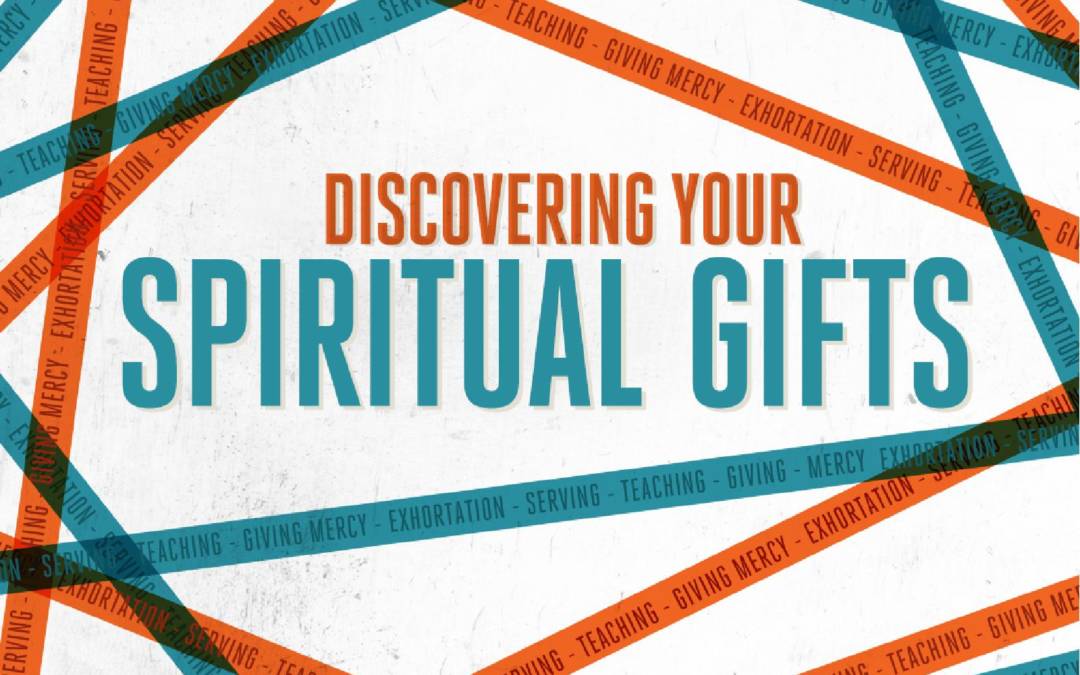This is our second week of our “Greater Gifts” sermon series. Today, we will be exploring how we can discover, honor, and make use of the gifts God has given us. Last week, we looked at baptism as a “first gift” from God that places us on a lifelong journey of discipleship, following Jesus. We spent time remembering our baptisms and thinking about how baptism is a gift filled with expectation and mystery, often leading us to share our experiences of God’s grace with others. Not only that we actually celebrated a baptism, and next week we’ll be doing it again.
As we move from baptisms and remembering our baptism, we recognize that the gift of baptism is only the beginning. We should begin to discover, or if it has been a while, perhaps rediscover our God-given gifts — equipping us for a lifelong journey as disciples. We were redeemed for a reason, and we are given gifts to fulfill a greater purpose.
(v1) “Now concerning spiritual gifts . . . I do not want you to be uninformed.”
Right away in the passage we hear that Paul wants us to learn and understand where spiritual gifts come from, the types of gifts, and perhaps most important, that they must be activated by the Holy Spirit. Paul does not want followers of Jesus to be “uninformed.” The implication here is that the church in Corinth was struggling with is understanding of spiritual gifts. Apparently, the church in Corinth had some people cursing Jesus and claiming that they had spiritual gifts to do so (verse 3). Paul declares that those two things cannot coexist. Now before you discount this example from Paul as something we would not understand today, let me ask you this: “”Have you ever experienced Christians saying or acting out in ways that do not seem to be in line with Jesus? Could this also be an example of individuals essentially cursing Jesus and the ways of Jesus by their speech and actions, while at the same time saying that they are followers of Jesus?”
What if we applied Paul’s warning to the ways we speak and act each day? Do we essentially “curse Jesus” when our speech and actions and the applications of our spiritual gifts do not reflect Jesus? (You may want to take a moment and encourage disciples to focus on self-reflection and steer clear of judging others.)
In this passage, Paul lists a variety of spiritual gifts for our journey:
(8) . . . utterance of wisdom
(8) . . . utterance of knowledge
(9) . . . faith . . .
(9) . . . gifts of healing . . .
(10) . . . working of miracles . . .
(10) . . . prophecy . . .
(10) . . . discernment of spirits . . .
(10) . . . various kinds of tongues . . . interpretation of tongues . . .
More spiritual gifts are listed in other passages. Romans 12:6-8: prophecy, serving, teaching, encouragement, giving, leadership, and mercy. Ephesians 4:11-13: apostles, prophets, evangelists, shepherds, and teachers. Reference Discovering Your Spiritual Gifts booklet or another spiritual gifts assessment of your choosing to assist parishioners in discovering their gifts. Spend a brief moment on each of the gifts that corresponds to the assessment that you are using.
(11) All these are activated by one and the same Spirit . . .
(7) To each is given the manifestation of the Spirit for the common good.
Activation of your spiritual gift is essential. Activation is putting your gifts into practice “for the common good.” What good is a gift if it is never shared for the good of others?
I have a few credit cards in my wallet, as I am sure many of you do. When you receive a new credit card, you usually find a sticker on it that provides an 800 number to call in order to do what? To activate the card. Have any of you ever received the card and placed it in your wallet, never calling to activate the card? Not if you need to use the card! So why do some disciples clearly recognize a spiritual gift but leave the sticker on and never use it? Next week, we will explore this further as we think about how not activating our spiritual gifts weakens the community to which we belong.
One of my favorite quotes related to discovering and activating our spiritual gifts comes from philosopher, theologian, educator, and civil rights leader, Howard Thurman, who said:
“Don’t ask what the world needs. Ask what makes you come alive, and go do it. Because what the world needs is people who have come alive.”1
The same is true for our spiritual gifts. The world, our church, our community, your family, your workplace, doesn’t need you to do tasks for which you are not gifted. The world, our church, our community, our families, our workplace needs you to discern what gifts you have been given, and activate them to the fullest for the common good! The world needs more people “who have come alive,” who have been activated by the God’s Holy Spirit!
Amen.

